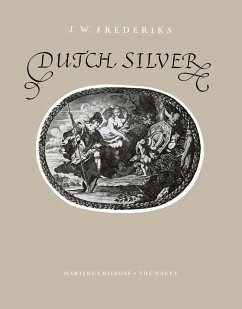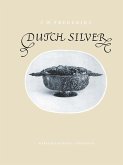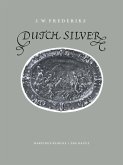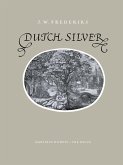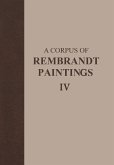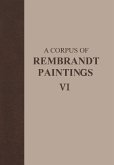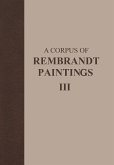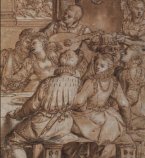This third volume on Dutch Silver does not need a lengthy introduction, since it is a continuation of the second volume, describing and reproducing the wrought plate of the other provinces of the Netherlands, i. e. Zeeland, Utrecht, North-Brabant, Limburg, Gelderland, Overijsel, Friesland and Groningen. The province of Drenthe, until recent years a district with a poor population, has never produced important pieces of silver, but only rather insig nificant "folk art" which need not be included in this book. The general observations contained in the introduction to Volume II apply also to this volume. Here we shall add only certain particular observations regarding the most important and characteristic productions of the various provincial masters. Many of their works are well above the standard normally reached by local celebrities, and some mention of their particular skills and versatility is, therefore, called for. The silver of ZEELAND is, in general, of fine quality and neatly executed. Though this island province, lying between Holland and Belgium, had much easier communications with the Southern Netherlands than with Holland, it is evident that the influence of the latter on the Zeeland silversmiths was predominant. One of the most outstanding pieces of Dutch silver, the eight-pointed dish of 1631 made by the Middelburg silversmith and engraver Johannes Looff (no.
Hinweis: Dieser Artikel kann nur an eine deutsche Lieferadresse ausgeliefert werden.
Hinweis: Dieser Artikel kann nur an eine deutsche Lieferadresse ausgeliefert werden.

